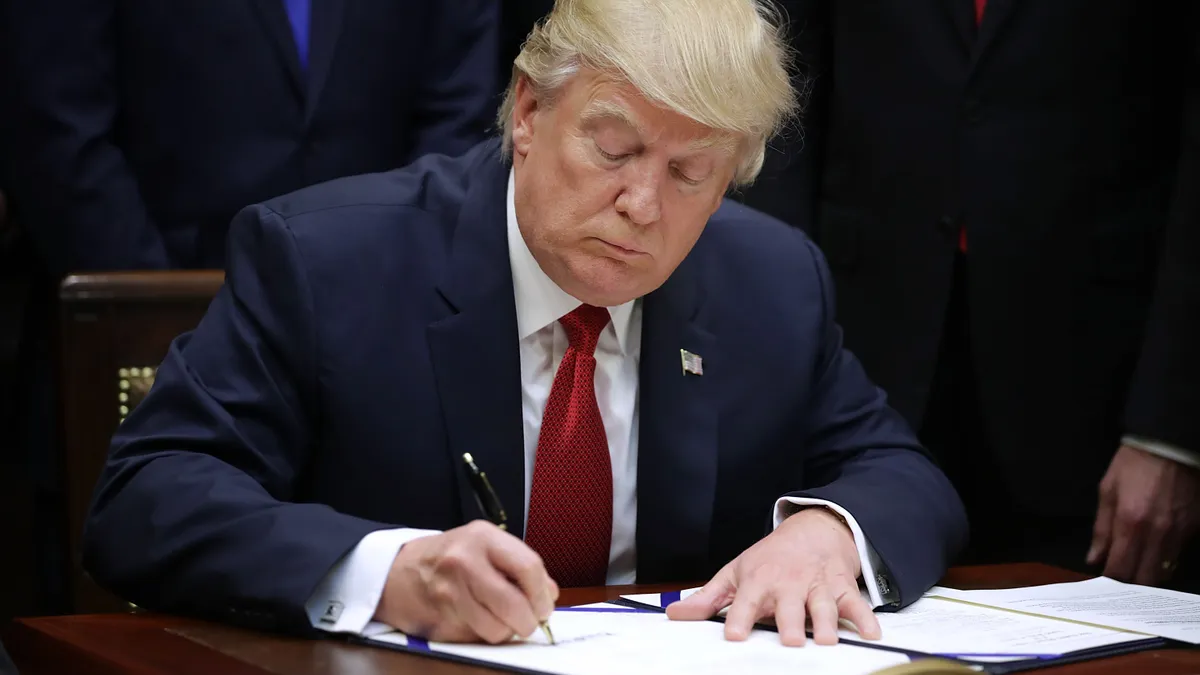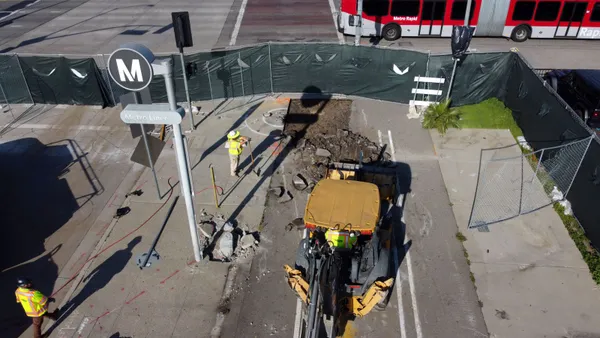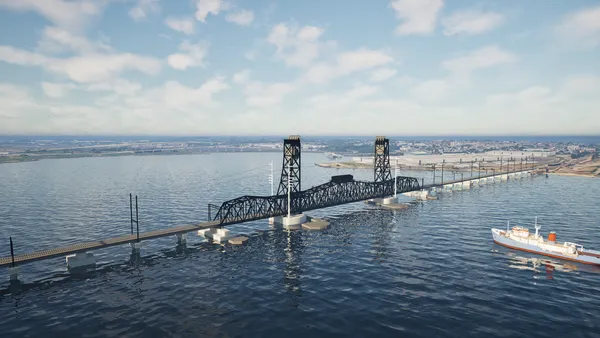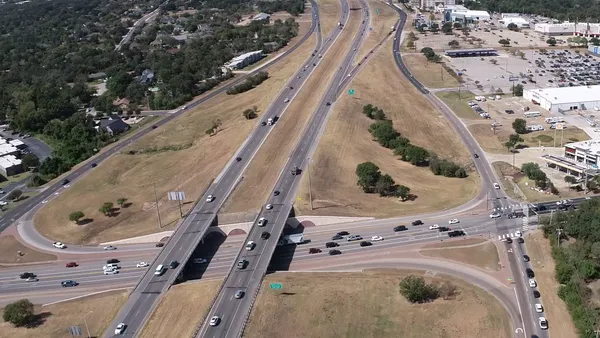UPDATE: July 16, 2020: The White House's Council on Environmental Quality today published its final rule to update the National Environmental Policy Act (NEPA). The effective date is Sep. 14; however, it is subject to congressional review, which could delay or even prevent its implementation.
The myriad changes to the act are meant to streamline and shorten the approval process for infrastructure projects, and the update was welcomed by construction industry groups like the Associated Builders and Contractors. In a press statement, Kristen Swearingen, the ABC's vice president of legislative and political affairs, said the new rule would help to reduce costly delays for contractors, particularly given that many construction businesses are trying to recover from the economic damage of the COVID-19 pandemic.
"The coordinated, predictable and transparent process to streamline permitting will also enable the industry to plan and execute even the most complex projects while safeguarding our communities, maintaining a healthy environment and being good stewards of public funds," Swearingen said.
Dive Brief:
- Through a new executive order issued last week, President Donald Trump directed federal government agencies to waive environmental regulations and to take other actions necessary to streamline and expedite infrastructure projects in order to hasten the economic recovery from the COVID-19 pandemic.
- The order effectively does away with the responsibility for federal agencies to abide by regulations established by laws like the National Environmental Policy Act, the Endangered Species Act and the Clean Water Act in order to speed up public works projects that will create jobs. Without intervention, according to the order, the United States faces "the likelihood of a potentially protracted economic recovery with persistent high unemployment."
- The order includes not only surface transportation projects but infrastructure, energy, environmental and natural resources projects on federal lands as well. It is up to the Council on Environmental Quality, a division of the Executive Office of the President, to approve "alternative arrangements" for each federal agency when they believe emergency circumstances make it necessary to circumvent environmental regulations as written.
Dive Insight:
The president's executive order has garnered the support of major construction industry associations.
Nick Goldstein, vice president of regulatory and legal issues for the American Road & Transportation Builders Association (ARTBA), praised the president's move.
"ARTBA is supportive and believes the [executive order] will use existing statutory authority to help spur infrastructure projects during a time of national emergency," Goldstein said. He added that it is likely the order will be challenged in court.
The Associated Builders and Contractors and the Associated General Contractors of America welcomed President Trump's order as well.
"By emphasizing the need to improve our country’s crumbling infrastructure and creating additional flexibility," said Kristen Swearingen, ABC vice president of legislative and political affairs, "the construction industry will be better able to plan and execute even the most complex projects while safeguarding the health of our workforce, communities and the environment.”
Brian Turmail, vice president of public affairs and strategic initiatives for the AGC, said the executive order should help free projects stalled in the review process and will not only generate construction jobs but create demand for construction materials.
"Of course, the ultimate answer is to enact permanent reforms to the federal review process so we can answer tough questions about projects and get to a go or no go decision in weeks or months, instead of years or decades," he said.
This directive comes in the wake of a May 19 executive order that directs all federal agencies to identify regulations that could hinder the economic recovery from COVID-19 business and other shutdowns and then propose new rules that would temporarily or permanently rescind, modify or waive them. The order also urged agencies to consider exempting individuals and other entities from compliance with those regulations considered onerous during the pandemic and its recovery. The president also asked agencies to consider using their discretion in the enforcement of those regulations.
Even before President Trump took office, he was a strong advocate for eliminating red tape and bureaucracy from the infrastructure project permitting process. And, despite activist push-back both via lawsuits and in the press, Trump has regularly waived environmental regulations for barrier projects at the U.S.-Mexico border.
The Department of Homeland Security, for instance, recently waived environmental regulations for a wall project that will stretch alongside the Rio Grande River from the Columbia Solidarity International Bridge in Laredo, Texas, to within one mile of the border near San Ignacio, Texas.












